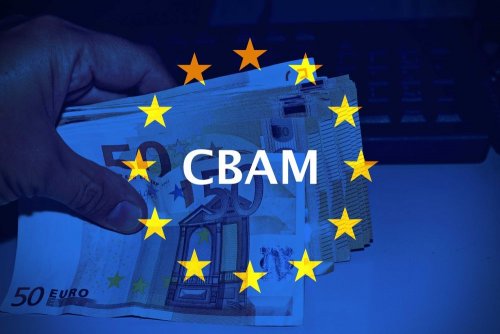The European Commission is working on defining standard prices for carbon credits for countries, sectors and commodities.
This was reported by David Cruz, a CBAM specialist at the Norwegian company CEMAsys, following a conference on CBAM organized by Esade and Fundación Repsol.
The expert noted that this is a difficult task for more than 700+ CN (Combined Nomenclature) codes.
He outlined two main goals of this step:
1. To estimate a fair “reference price for carbon credits” when real data is not available, especially for goods from countries without carbon markets.
“However, this requires assigning different values to different goods, sectors and jurisdictions,” Cruz said.
2. Propose a consistent methodology that takes into account global trade and promotes transparency.
The CBAM expert noted that this approach raises complex issues:
- What is a “fair carbon price” in such a fragmented landscape?
- How to avoid trade tensions?
According to him, the European Commission realizes that this is a difficult challenge.
“We are entering a phase where CBAM is more than just monitoring emissions. It is becoming the basis that will determine how carbon costs affect trade and financial decisions on a global scale,” the expert emphasized.
In early April, EcoPolitics introduced its readers to the recommendations of experts on how to maintain the effectiveness of the European emissions trading system. We also reported on how much the EU is ready to invest in the decarbonization of its steel industry.





